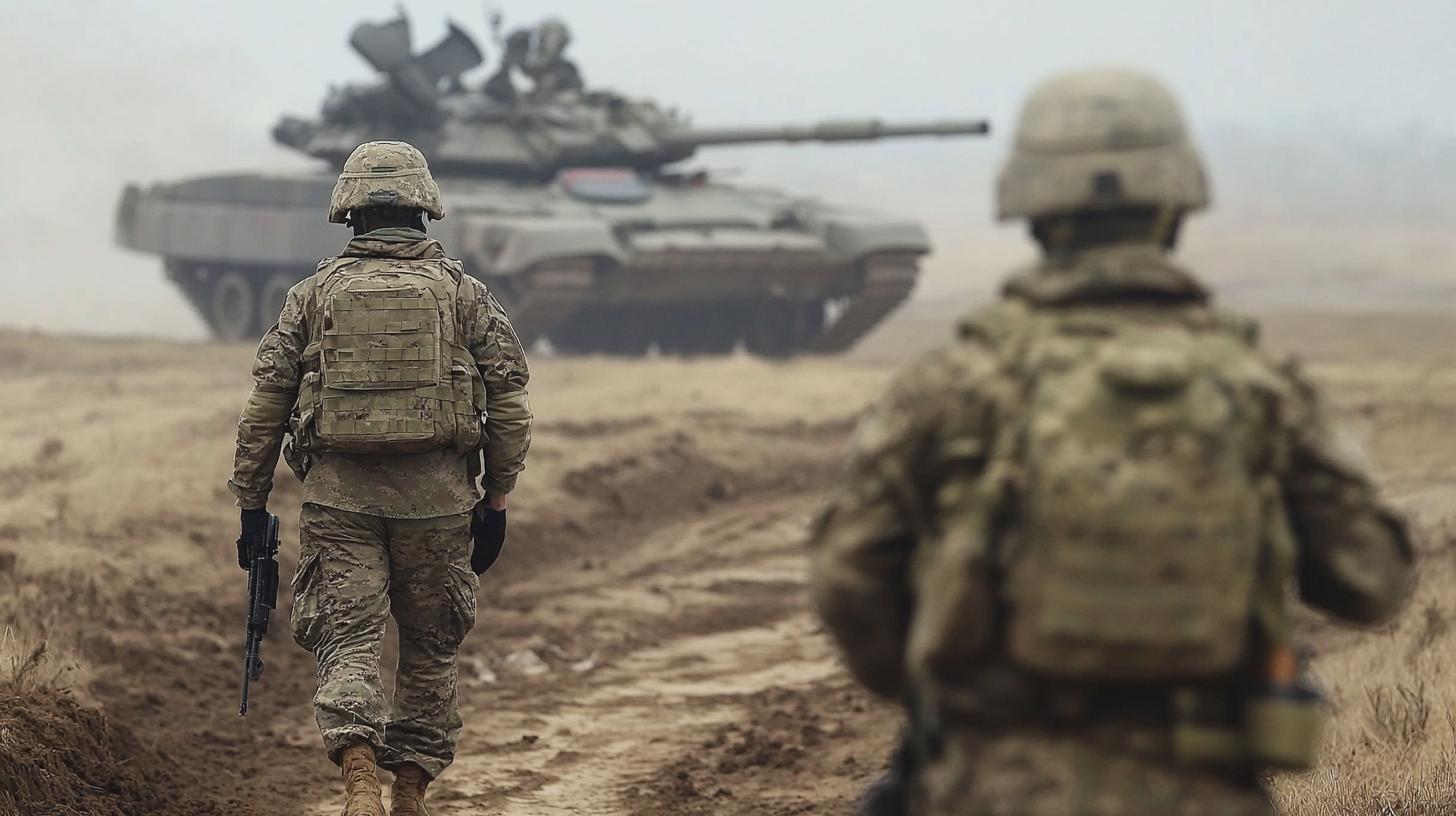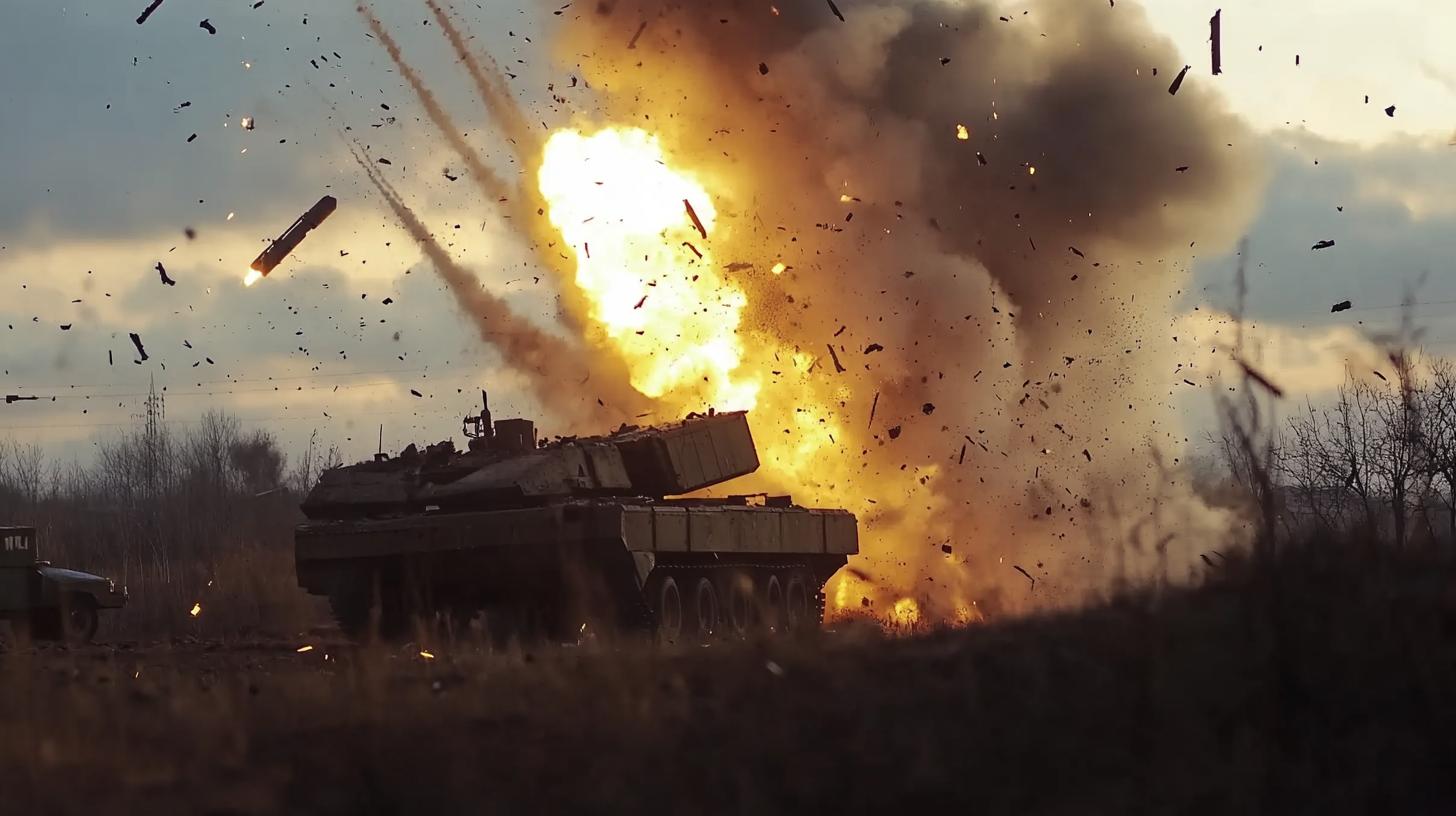In a dramatic escalation overnight, Russia launched a significant drone offense, targeting multiple regions across Ukraine. Ukrainian air defense systems were quickly mobilized, successfully intercepting and destroying 50 out of the 73 drones launched at them.
Intense Week of Attacks
The recent drone barrage is part of a notably intense week for Ukraine, as evidenced by a surge in guided aerial bombs, strike drones, and various missile types deployed by Russia. Ukrainian President Volodymyr Zelensky condemned these attacks, urging that Ukraine should not be utilized as a testing ground for military technology.
Ukrainian Countermeasures
Amidst these relentless attacks, Ukraine continues to respond strategically. Reports indicate a successful strike by Ukraine on a Russian S-400 defense system located in the Kursk region, demonstrating their ongoing resilience and capability to counter Russian advances.
The conflict between Ukraine and Russia is marked by continuous aggression and counter-aggression, leaving both sides gripped in a fierce battle while the international community looks on closely.
Drone Warfare Evolution: The Hidden Impacts on Global Technology and Ethics
The Unseen Ripple of Drone Technology
With the intensification of drone warfare between Ukraine and Russia, a remarkable evolution is taking place in drone technology and its broader implications on humanity. The surge in drone use as witnessed in Ukraine highlights an urgent transition toward automated and remote-controlled warfare, raising pivotal questions about advancements in military technology and its effects on global strategies and ethics.
Technological Advancements Leading the Charge
Recent developments have showcased drones with increased autonomy and precision. These drones are equipped with advanced targeting systems and AI-driven navigation, reshaping military tactics. Such technological strides have also filtered into civilian sectors, influencing industries from logistics to emergency response. The rapid evolution of these technologies prompts further exploration into their peaceful applications, yet also raises ethical dilemmas about their usage in conflict zones.
Controversies and Ethical Dilemmas
The usage of drones in warfare inevitably leads to contentious debates. As UAVs (unmanned aerial vehicles) become more sophisticated, concerns grow over the lack of transparency and accountability in their deployment. The question arises: As humans hand over control to machines, how do we ensure decisions align with international humanitarian laws? This is compounded by fears of collateral damage and civilian casualties, suggesting a need for stringent regulations and improved oversight.
Advantages and Disadvantages of Drone Innovations
A clear advantage of these technologies is their ability to reduce human casualties in direct combat. Drones can undertake reconnaissance, target acquisition, and even deliver supplies, minimizing troop exposure. On the flip side, the increased accessibility to drone technology means that non-state actors may gain similar capabilities, potentially destabilizing regions and escalating conflicts in unregulated environments.
Emerging Questions and Insights
The current conflict poses several questions: What is the long-term impact of drone technology on warfare ethics? Are nations prepared for the complex legal challenges these innovations present? While certain aspects remain uncertain, it’s evident that these discussions echo globally. Key stakeholders and technologists strive to strike a balance between progression and ethical responsibility.
Resources for Further Exploration
For readers seeking more information on drone technology and its implications, visit authoritative sources like Defense News and Washington Post. These platforms offer insights into defense technology trends and their global implications.
As drone warfare continues to unfold and redefine military landscapes, it becomes crucial to engage in dialogues about ethical use and technological governance, ensuring constructive advancements benefit humanity without compromising ethical boundaries.



















